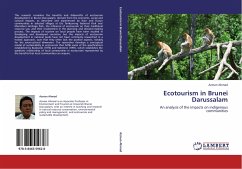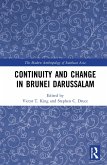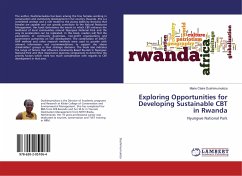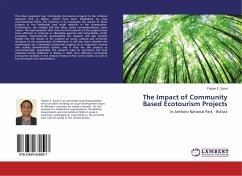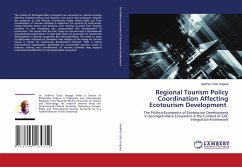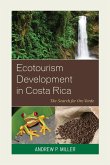This research considers the benefits and disbenefits of ecotourism development in Brunei Darussalam, derived from the economic, social and cultural impacts, as described and experienced by Iban and Dusun communities in selected villages at Ulu Temburong National Park and Merimbun Heritage Park, the influence of ecotourism on their traditional resource use, and their involvement in the planning and decision-making process. The impacts of tourism on local people have been studied in developing and developed countries, but the impacts of ecotourism development in national parks have not been commonly researched in a holistic approach, such that they often lack the positive aspects, notably for the socio-cultural dimension. The researcher develops a conceptual model of sustainability in ecotourism that fulfils some of the specifications established by Budowski (1976) and Valentine (1997), which establishes the symbiotic relationship of local communities in ecotourism represented by the benefits that local communities can acquire.

